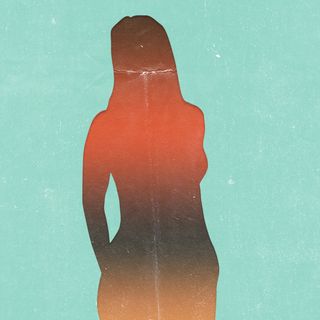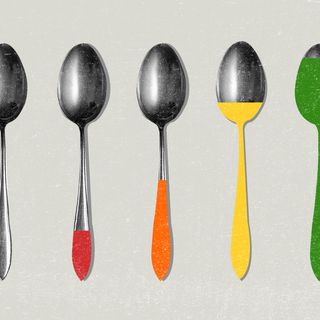“We are social creatures… To have social deprivation for 21 days is really against the very being of being human,” says Judith Blaine, a research associate at the department of psychology at the Rhodes University in South Africa. “There is no taking into account people’s individual needs, it’s a blanket measure with little support.”
This comes at the heels of a new study that highlights how Covid19 quarantine periods ranging from 14 to 21 days leads to depression and anxiety, making counselling availability crucial. Published in Psychology and Behavioural Sciences, among lingering effects like body ache and brain fog, the study also found fear, anxiety, anger, and difficulty in social integration. This adds to the ongoing conversation about how mandatory quarantine for Covid19 patients ties itself to long-term depression, insomnia, and post-traumatic stress disorder.
Besides the present study, past research has also found nearly one in five Covid19 survivors receiving a first-time diagnosis of anxiety, depression, or insomnia, within three months of testing positive. While scientists hypothesized whether the novel coronavirus per secould be behind the risk, or whether the socio-cultural experience of living through it could. “…the experience of having had Covid19 and understanding all the things that might have happened to you with all the fears and concerns that the virus led people to have, may also be a reason,” Paul Harrison, professor of psychiatry at the University of Oxford, and co-author of that study, told Al Jazeera.
A different study found 96% of its respondents — recovered patients of Covid19 — experienced post-traumatic stress.
Related on The Swaddle:
Why Second‑Wave WFH Burnout Feels So Different From Regular Work Stress
“By the time I got out of [the] hospital, I was so psychologically scarred and terrified, I didn’t want to go anywhere. I didn’t want to go anywhere where anybody could potentially pick me up and take me back again,” said one of Blaine’s interviewees for the present study.
Last November, India’s health ministry had issued directions for Covid19 facilities across the country to be equipped with resources for psychiatric consultation–either in-person or online–especially for people with pre-existing mental health concerns.
While there is a strong case for making free to accessible mental health support available for Covid19 patients, the healthcare system in India may not be equipped to support it. In India, there are just 0.3 psychiatrists, 0.07 psychologists, and 0.07 social workers per 100,000 people, according to data from a 2015-2016 National Mental Health Survey. Since the pandemic began, mental health professionals in India have reported being overwhelmed with many even burning out due to the ongoing mental health crisis.
Given the shortage of mental health professionals here, how far Blaine’s recommendations can be implemented in India remains to be seen.
“You can include counselling services, hotlines,” Blaine noted. “The overwhelming feeling is that in the pursuit of protecting humans from the illness there has been a loss of sight of humanity.”




